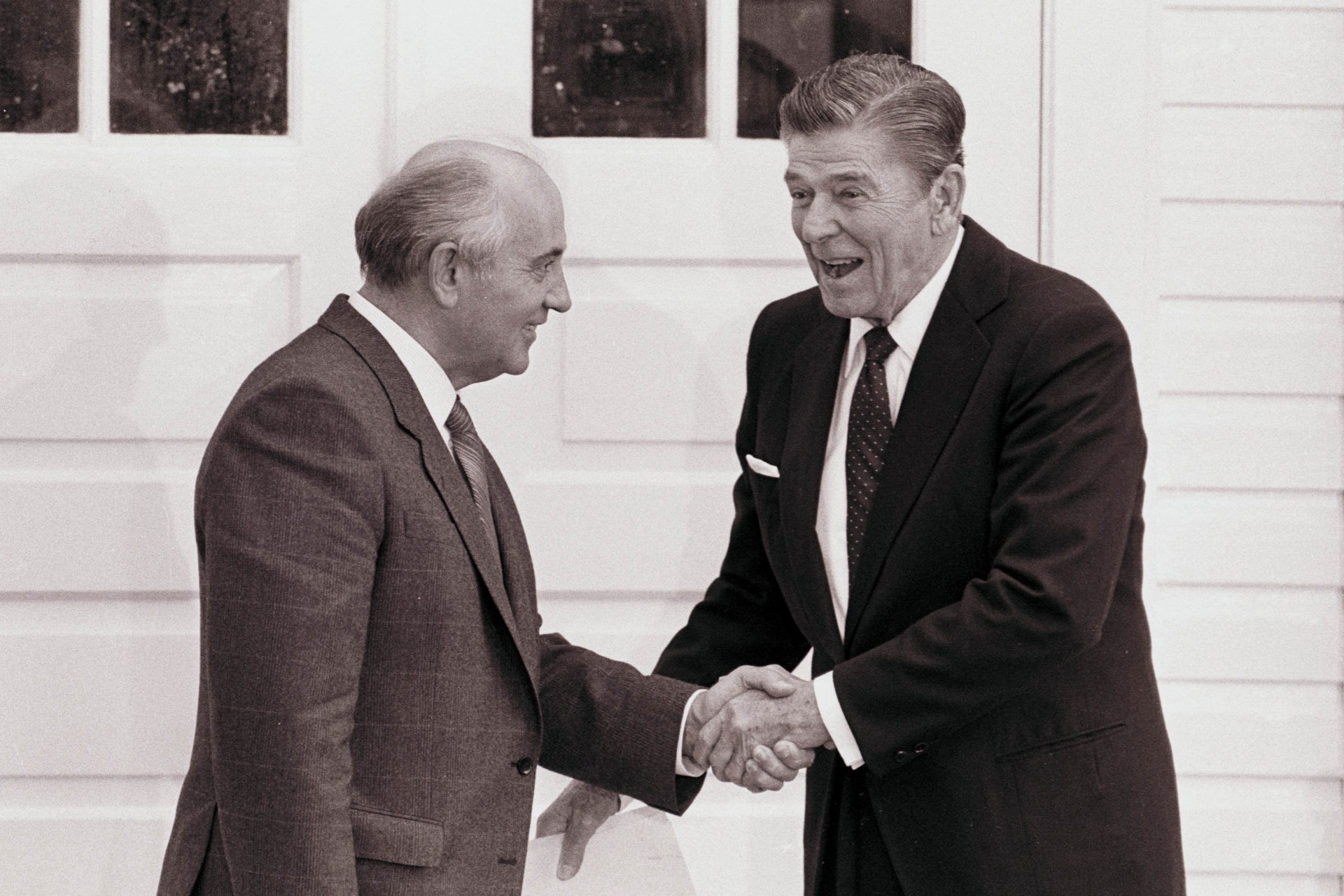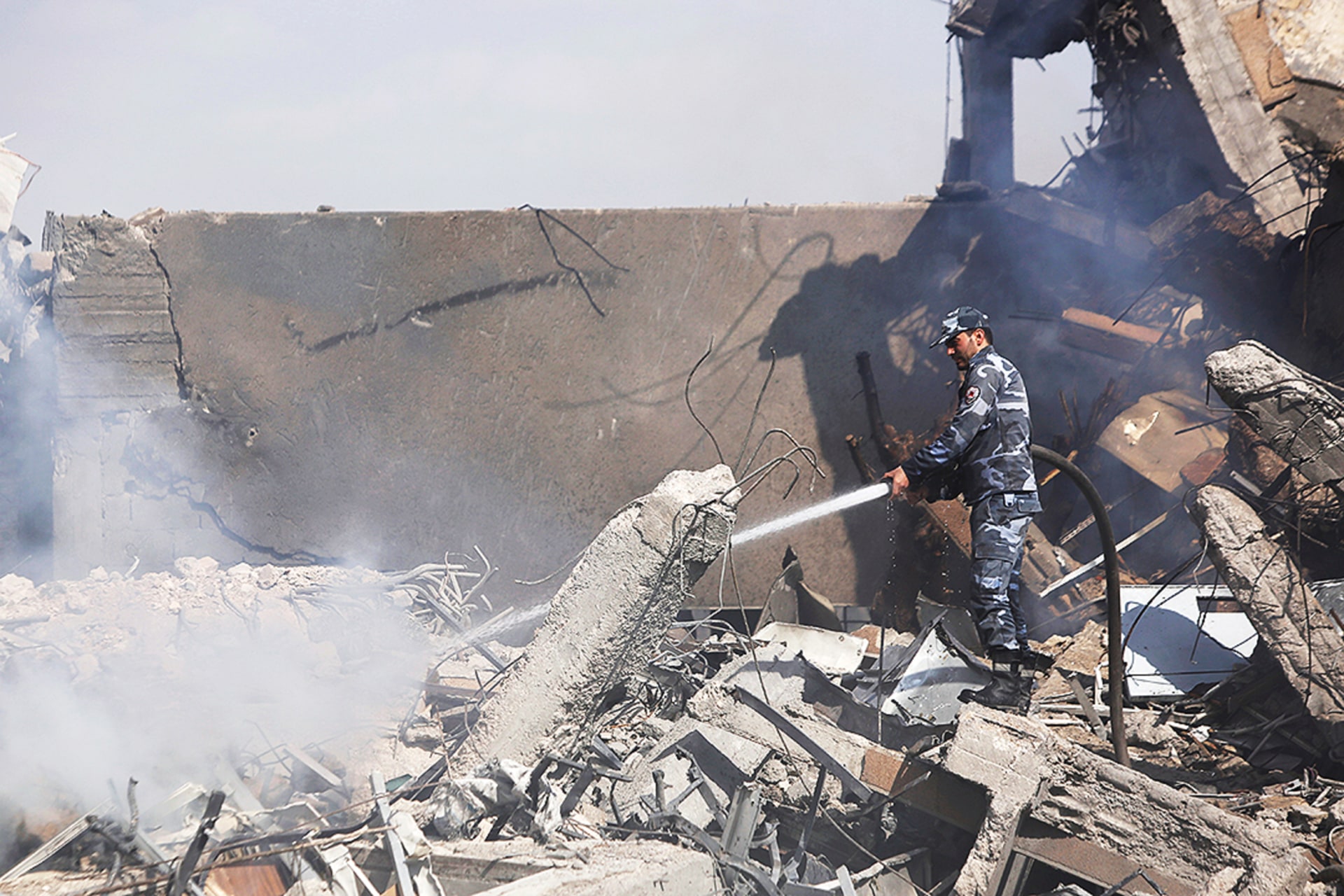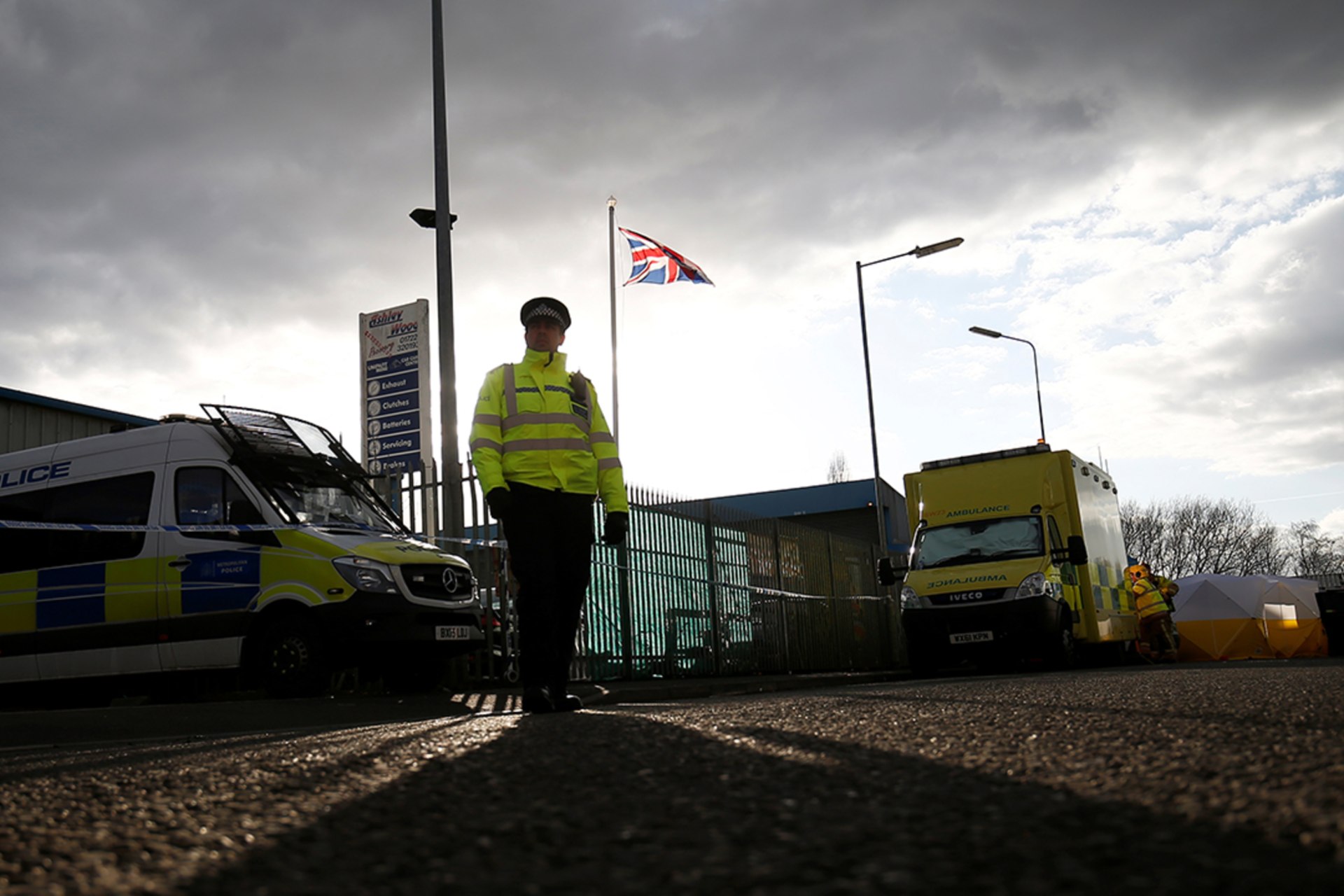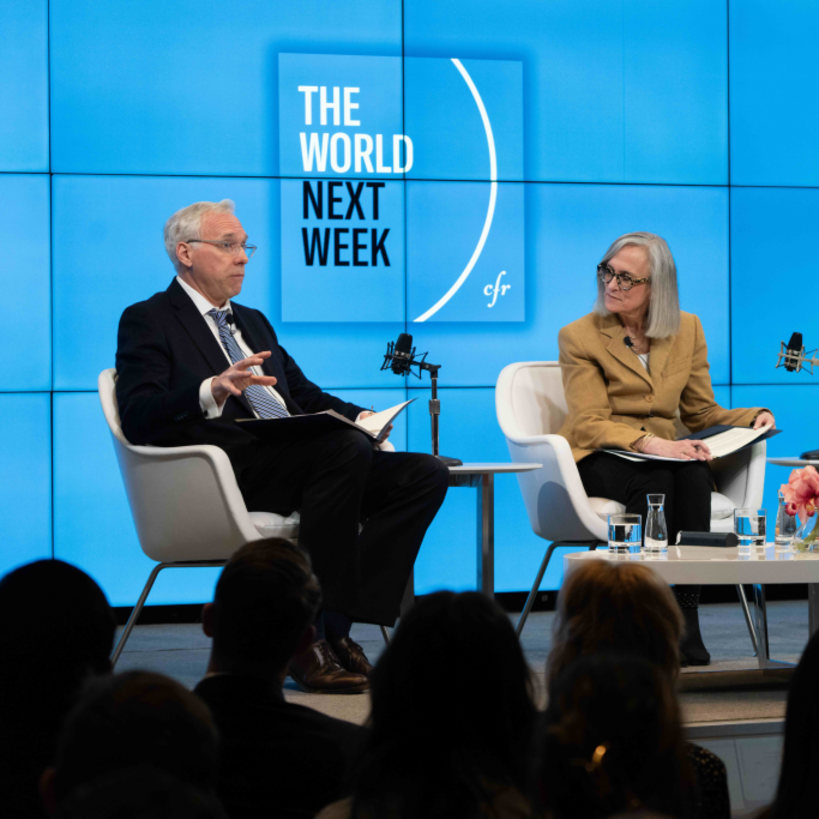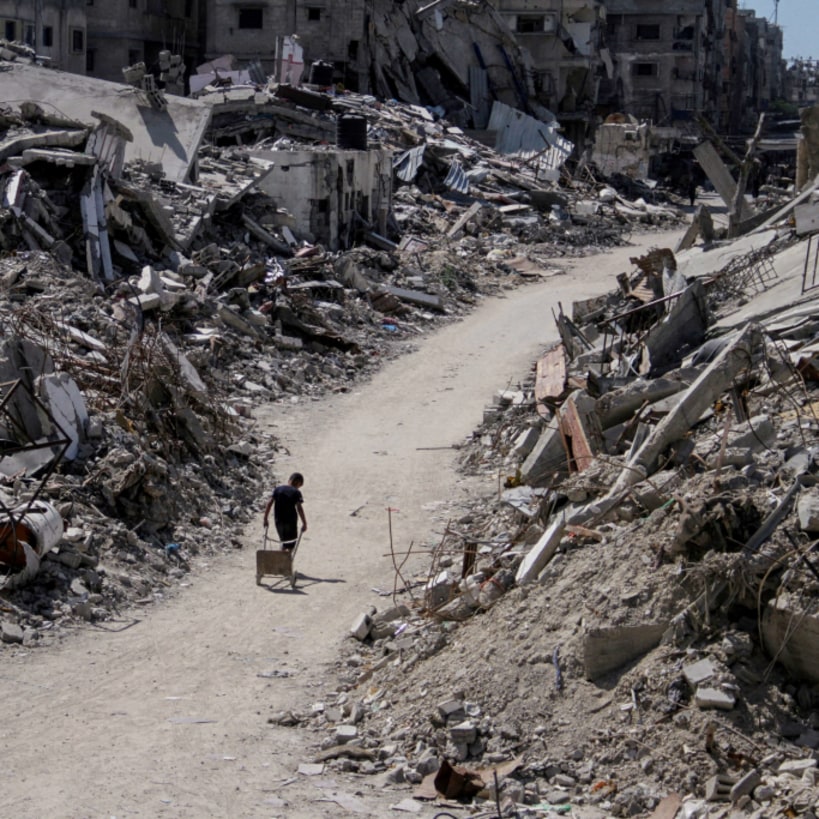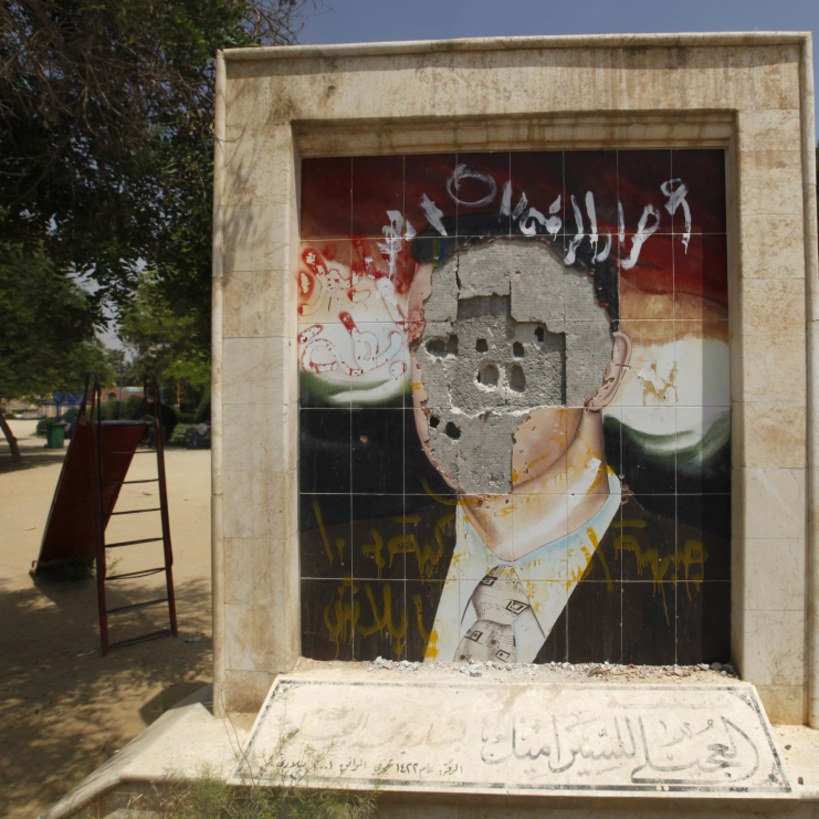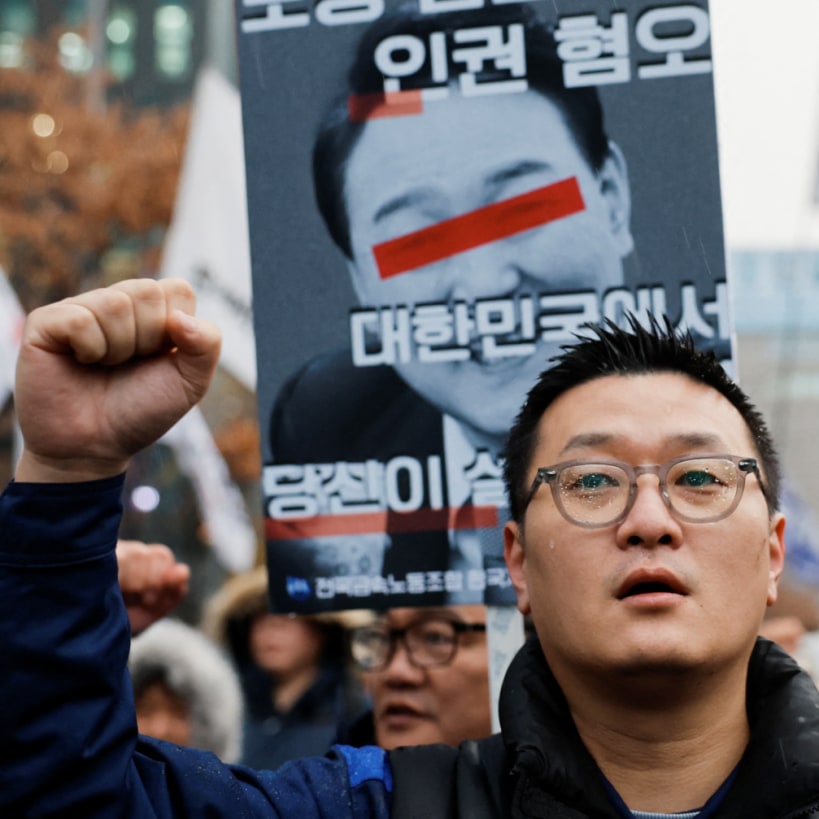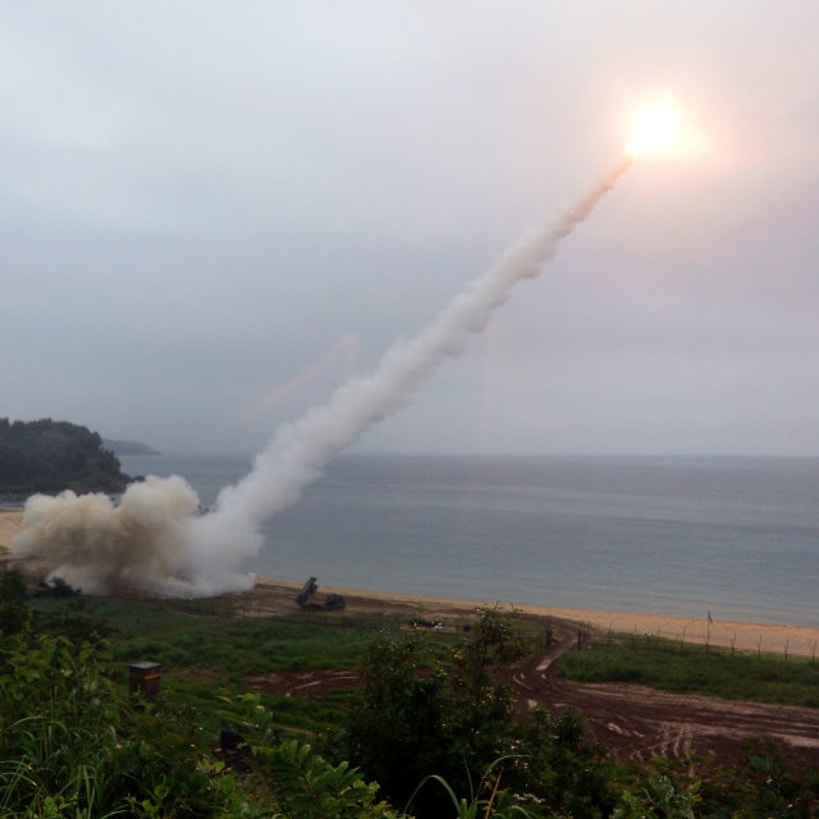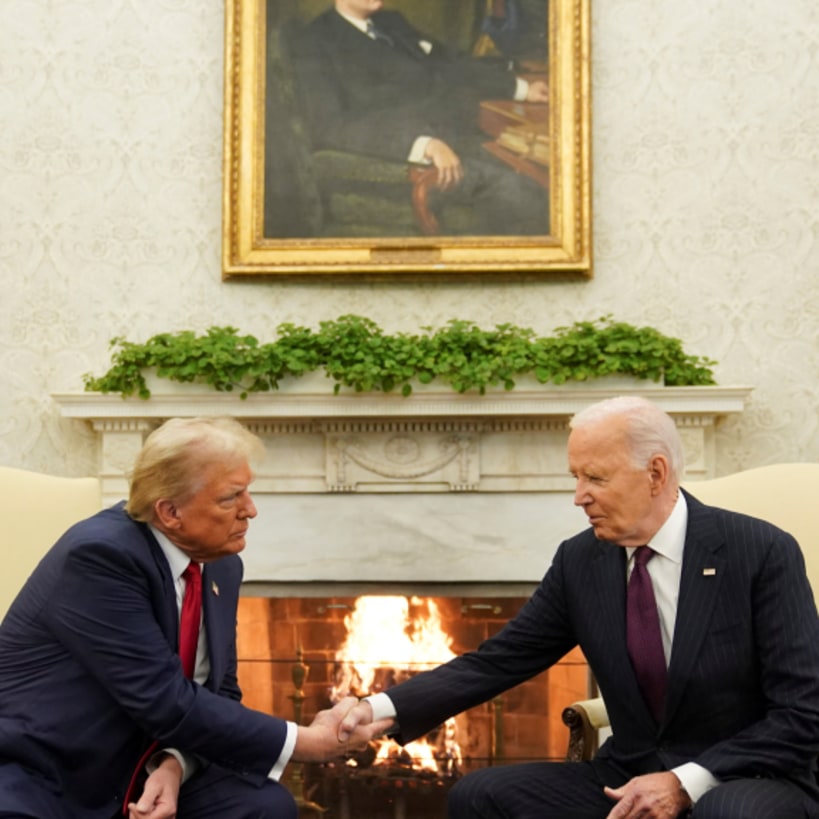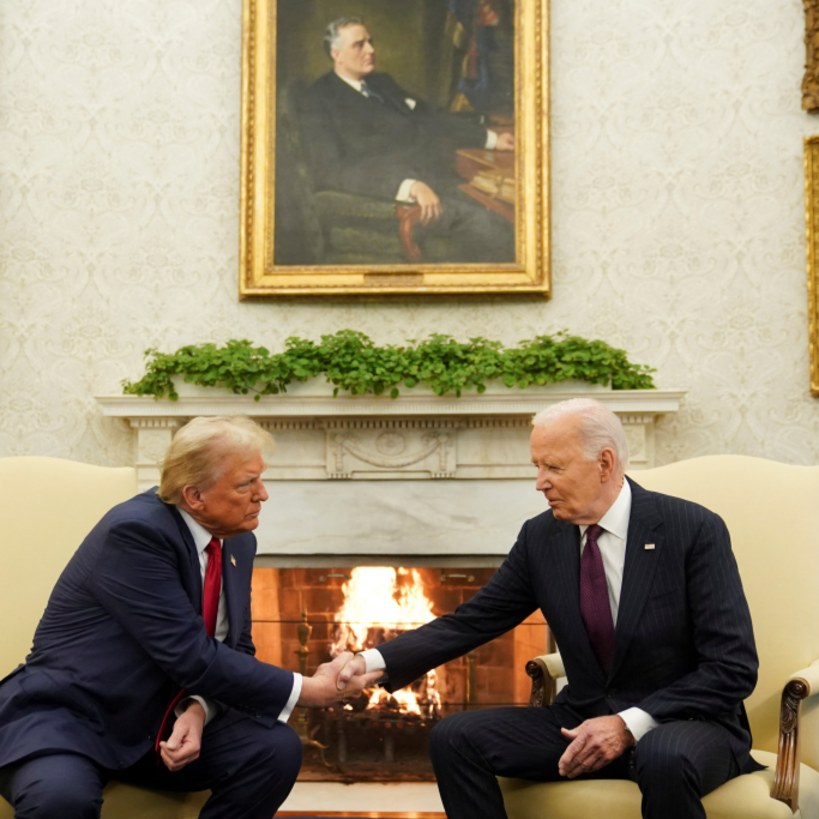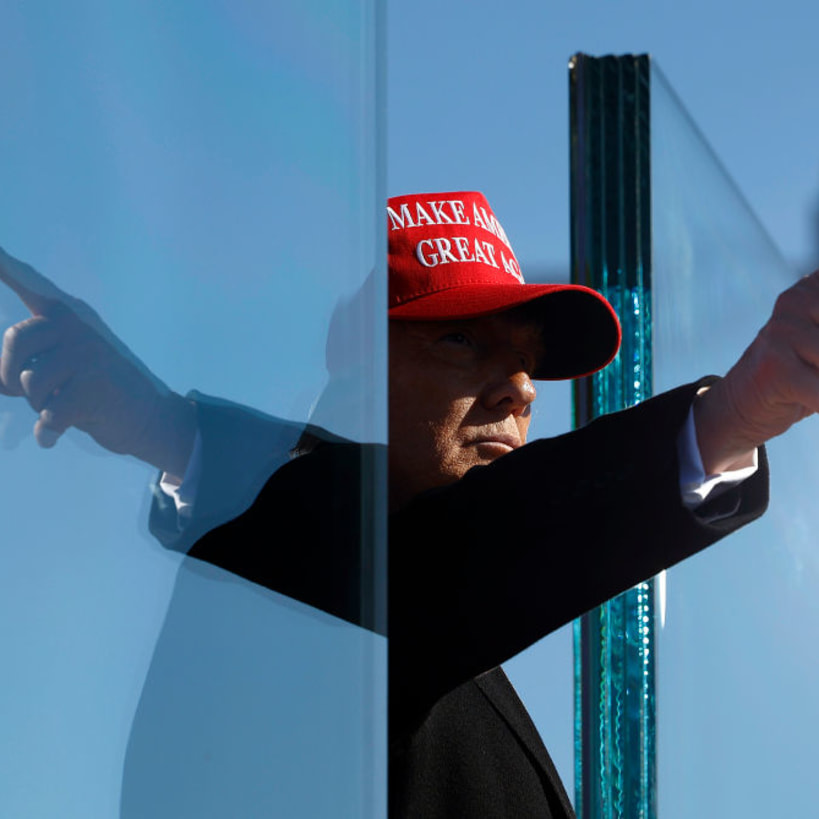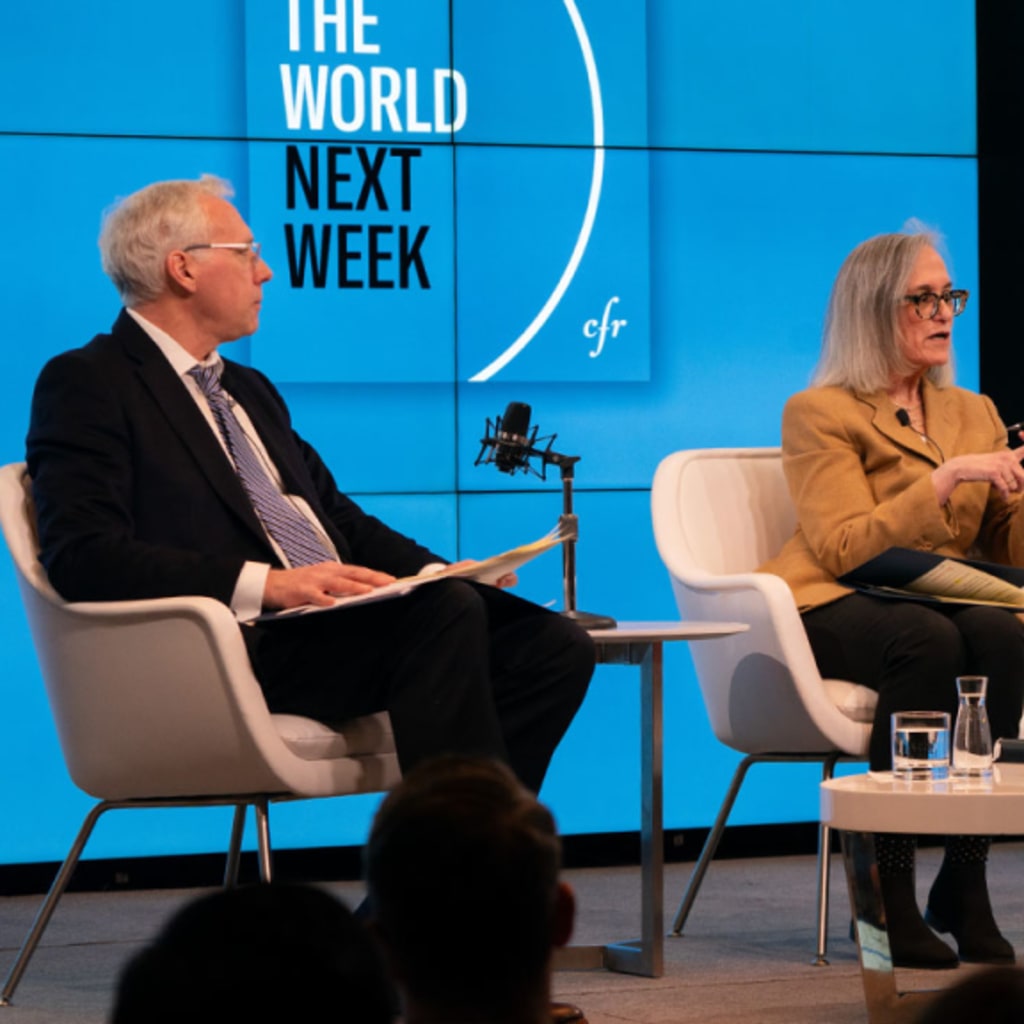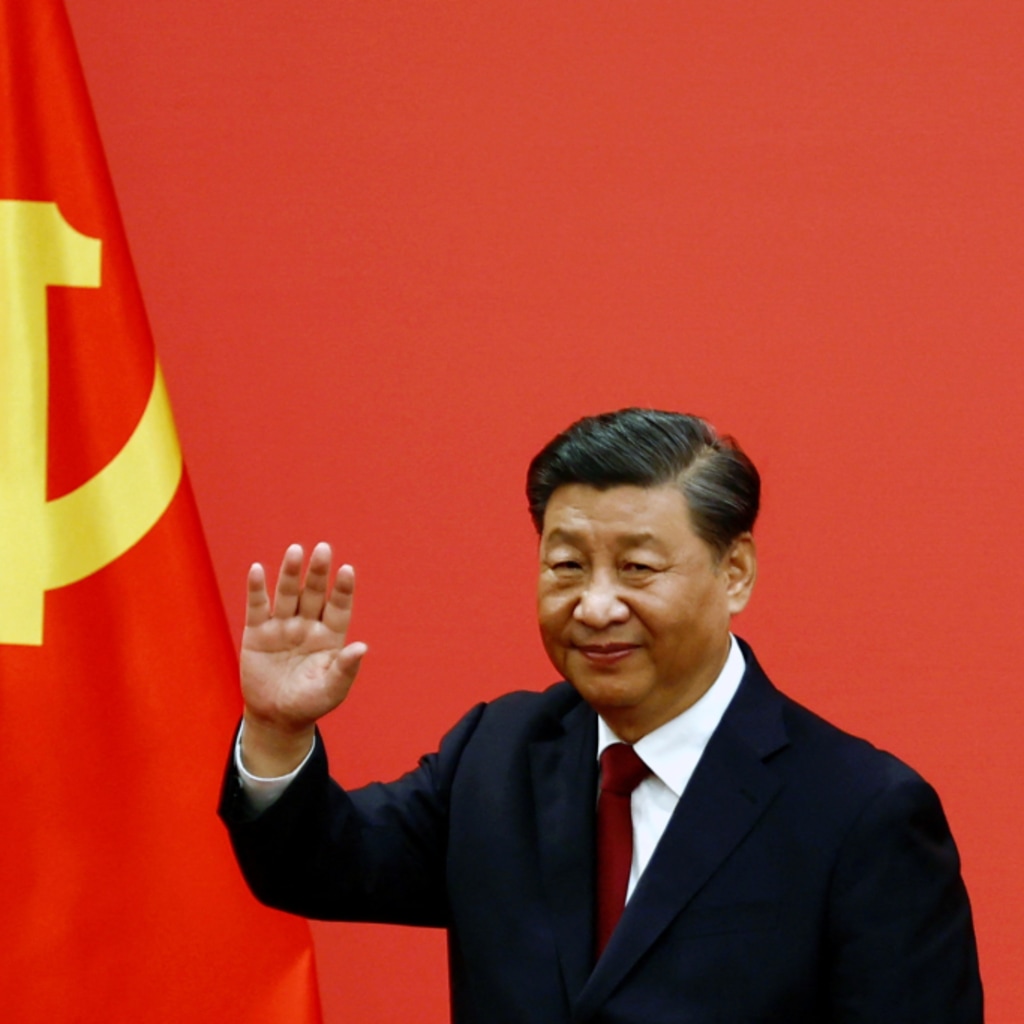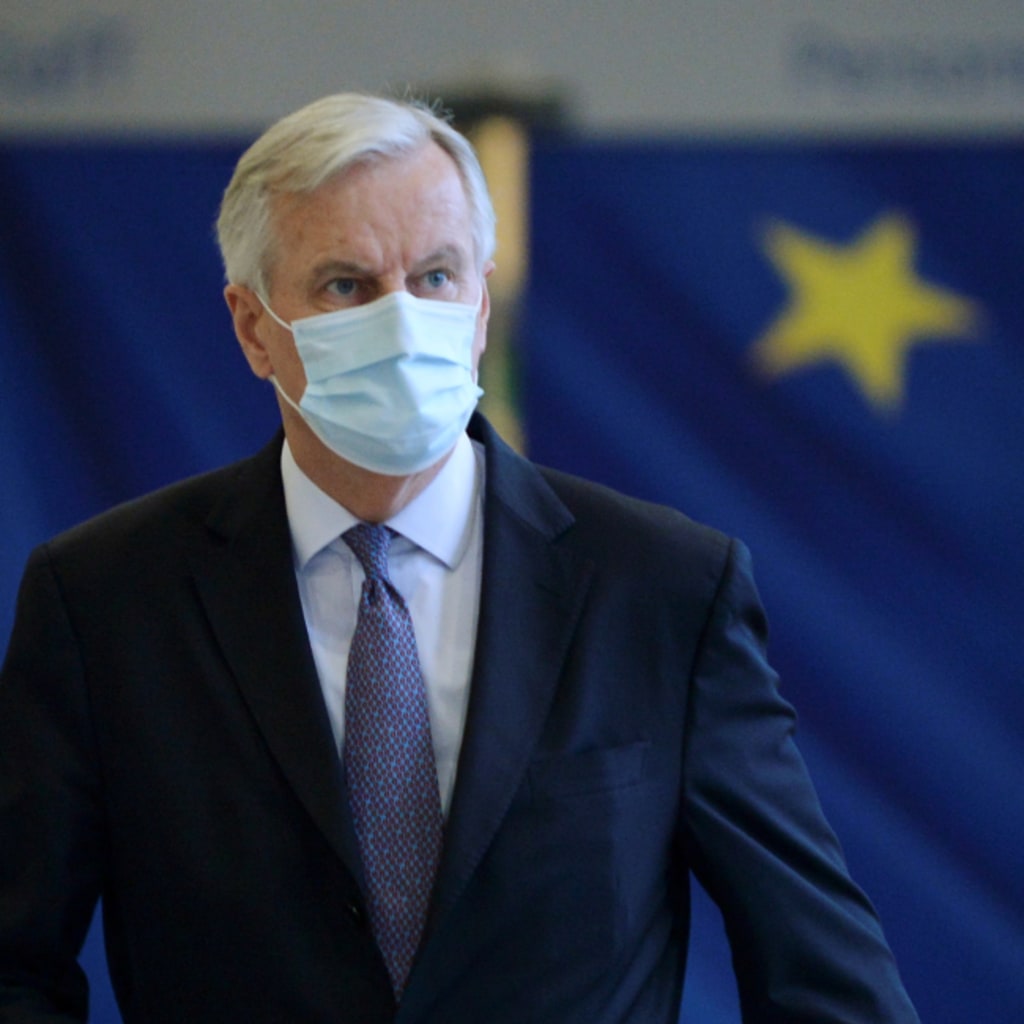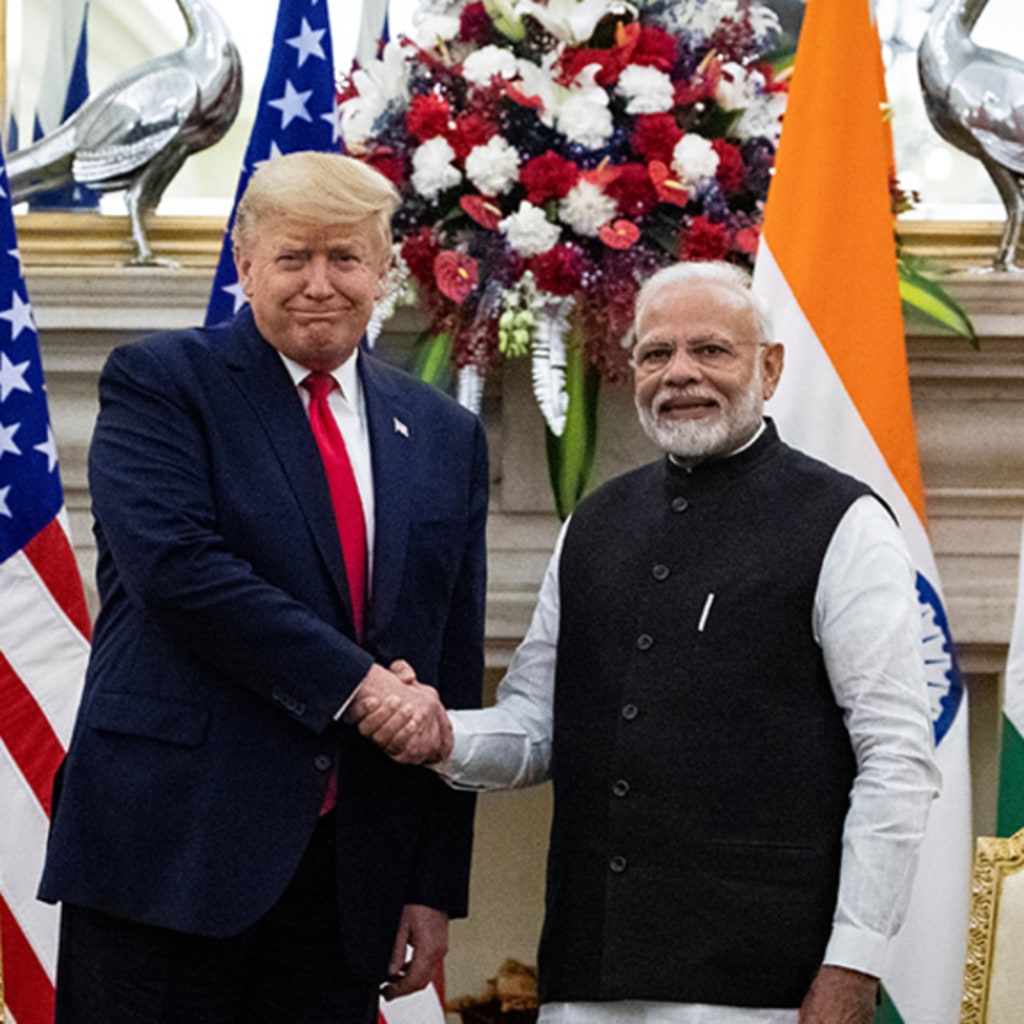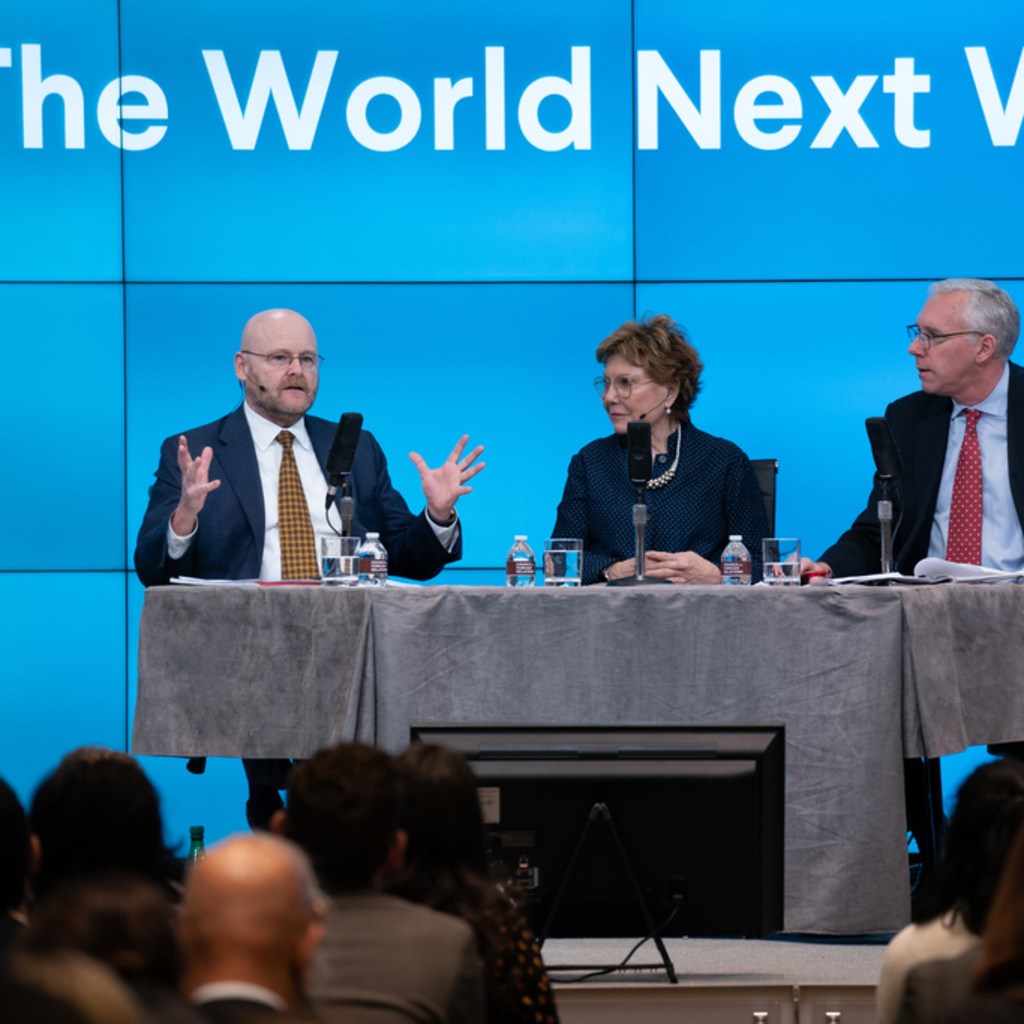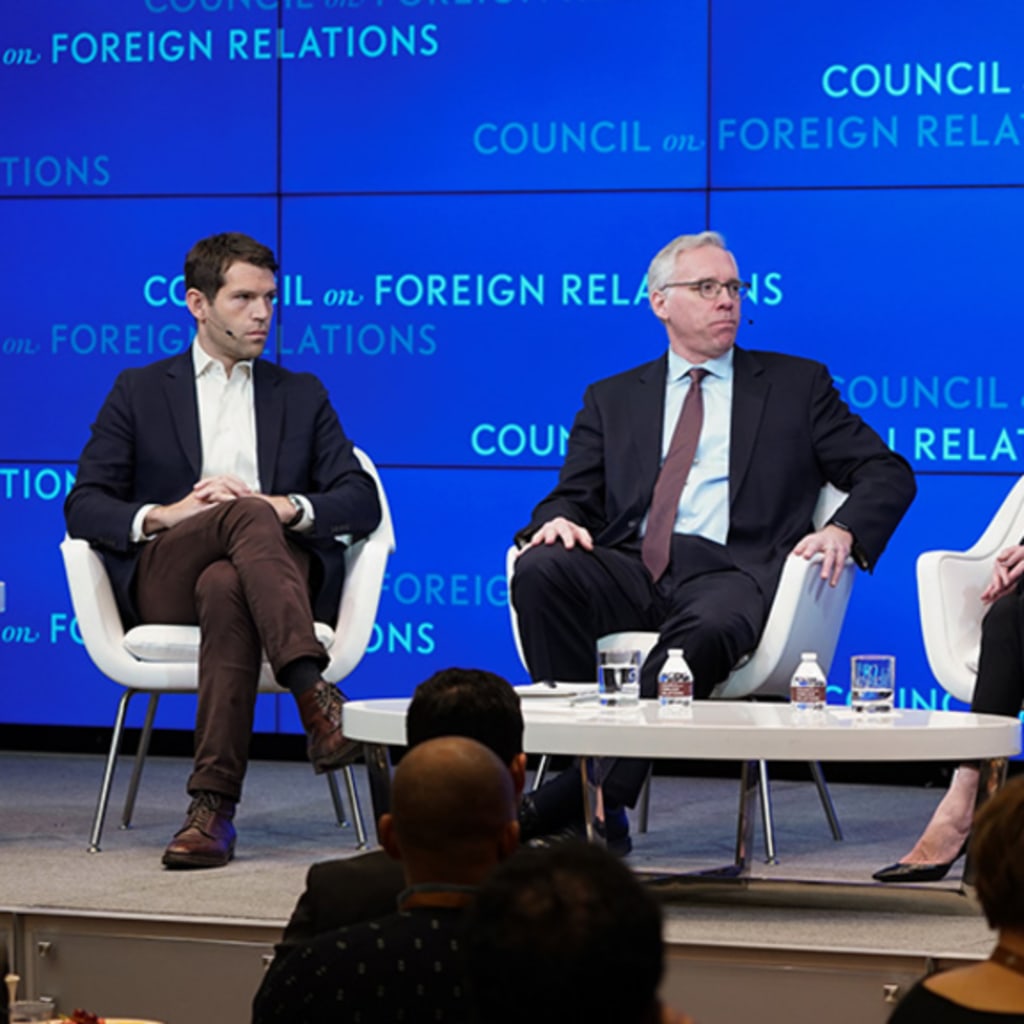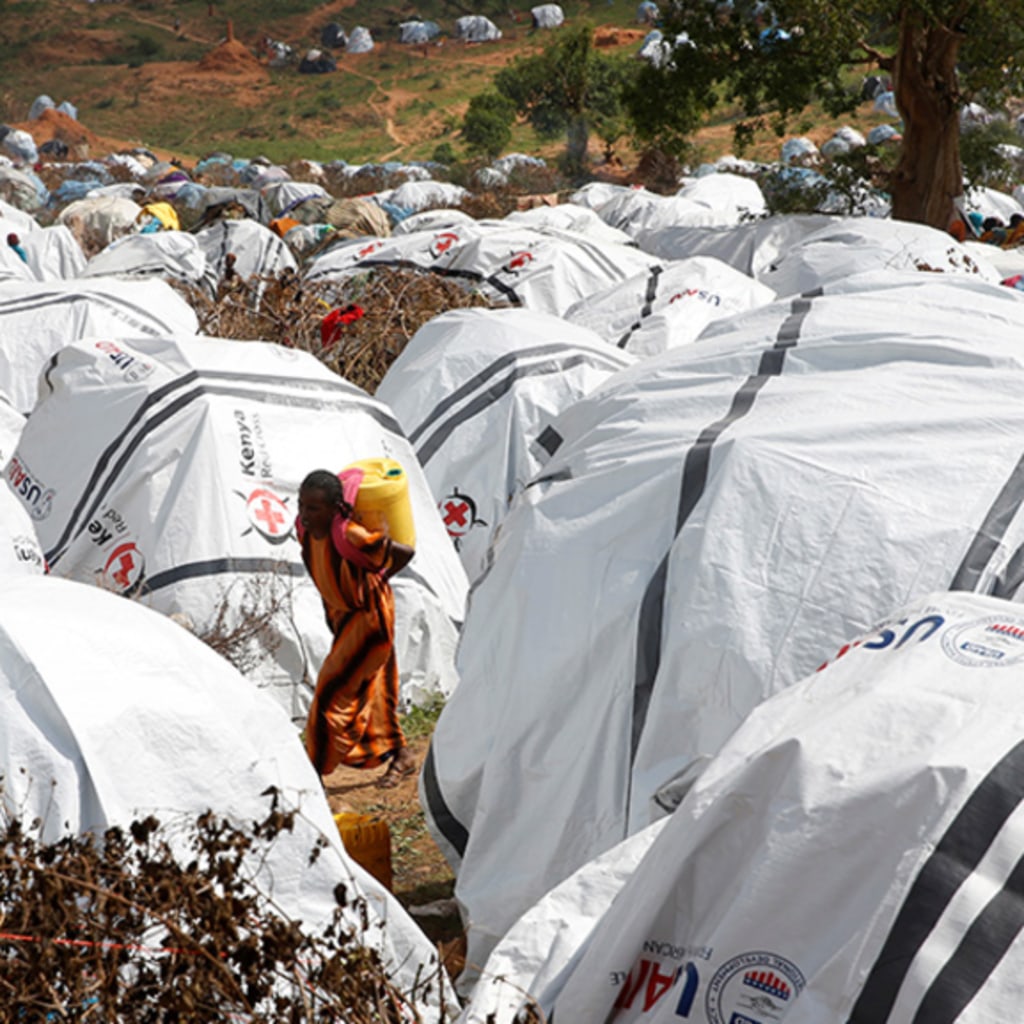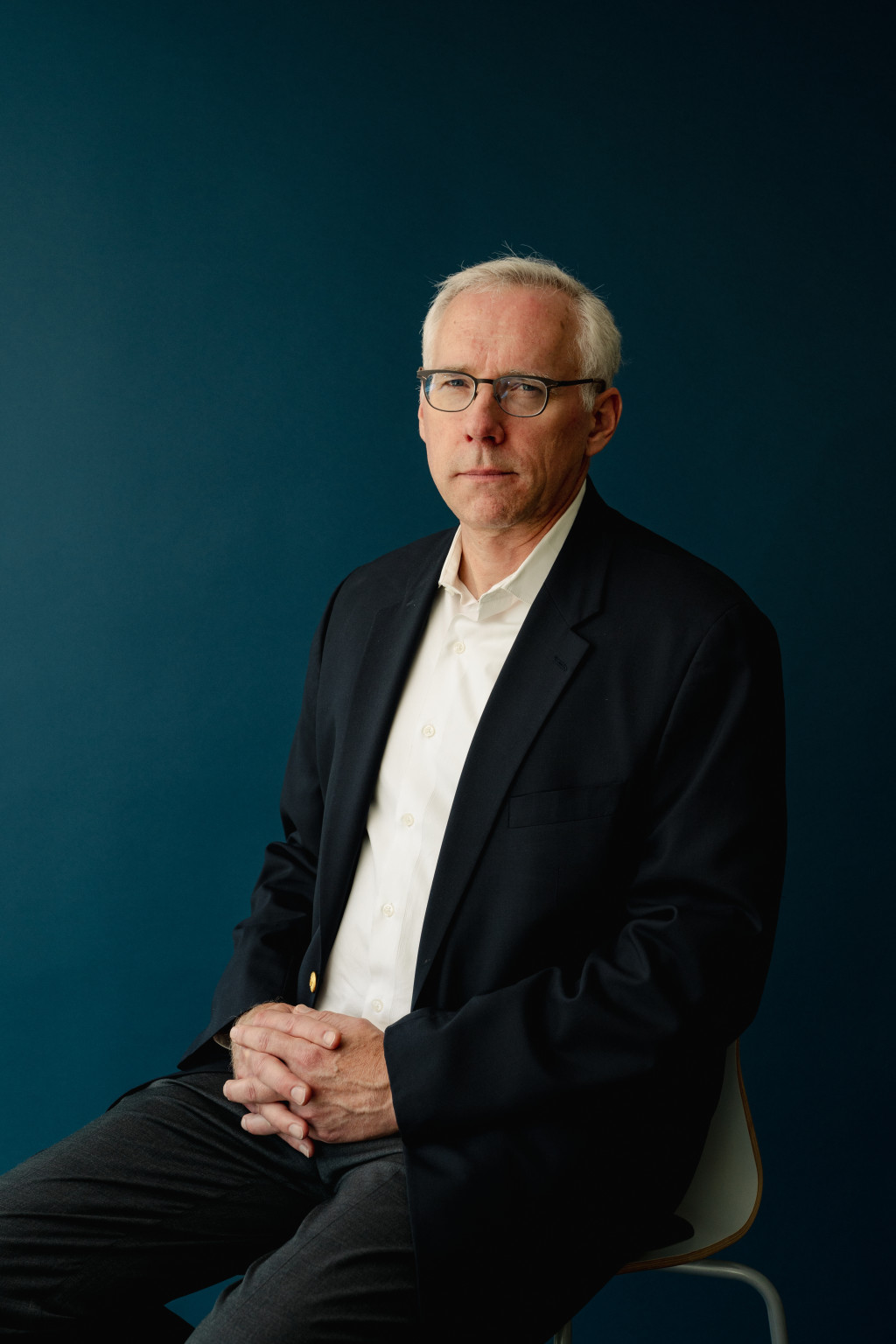
Robert McMahon has covered foreign affairs since 1990, writing for the Associated Press, Radio Free Europe/Radio Liberty, and CFR.org. As managing editor of CFR’s Digital Content department, McMahon oversees publishing of daily news-related content on CFR.org, supervising an editorial team that produces Backgrounders, In Briefs, long-form interactives, videos, and other multimedia content. He coordinates with CFR fellows to produce web-only publications. McMahon also contributes analysis and background reporting to the website and cohosts the weekly podcast The World Next Week with Senior Fellow Carla Anne Robbins. Under his guidance, CFR.org has garnered multiple media citations, including Emmy, Overseas Press Club, Society of Professional Journalists, Webby, and Online News Association awards.
Prior to joining CFR.org, McMahon held senior editorial positions at RFE/RL, including as news director in Prague, Czech Republic, where he was a founding editor of RFE/RL’s website, and as a UN correspondent. He has written extensively on democracy promotion, public diplomacy, human rights, UN peacekeeping, and nation-building. He is a contributing writer to the Foreign Service Journal. McMahon has a master’s degree in international relations from Tufts University’s Fletcher School of Law and Diplomacy.
